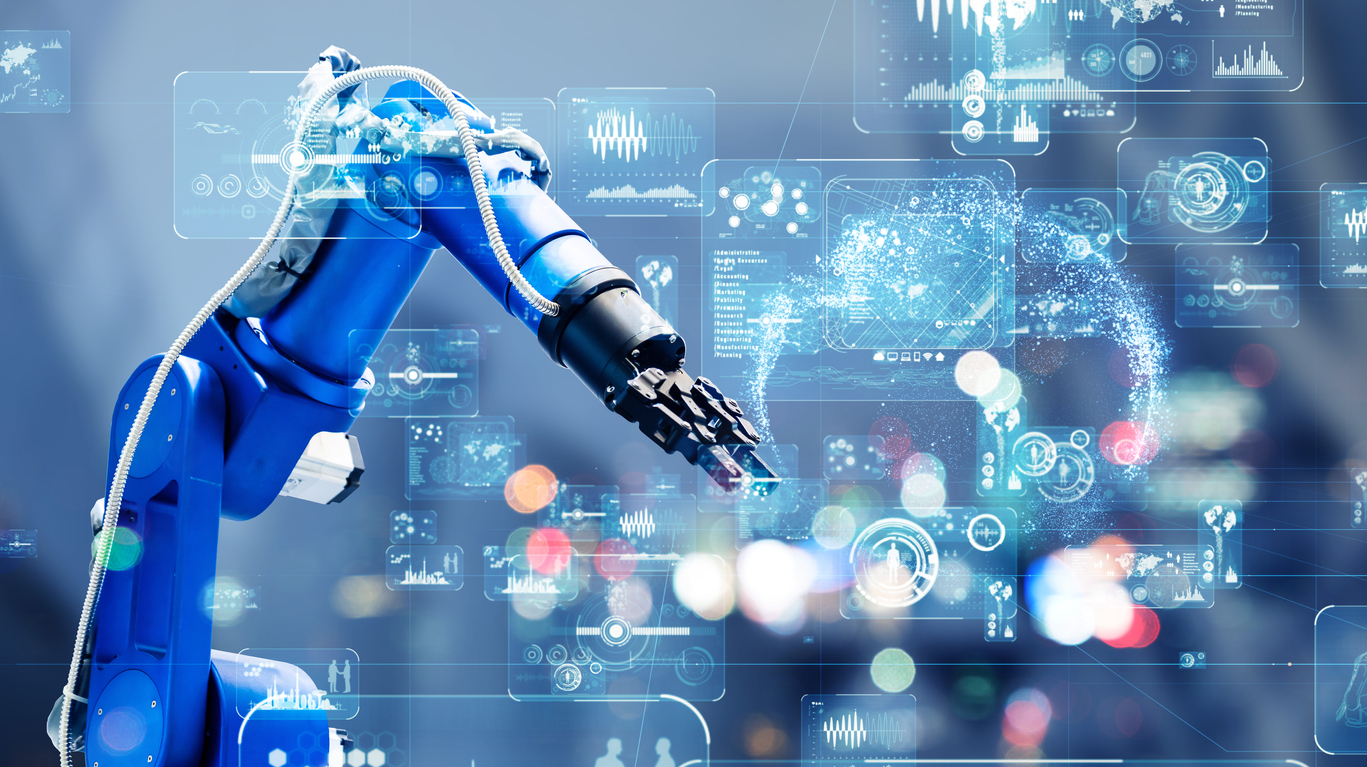The aerospace industry is undergoing a transformation, thanks to advancements in AI quality control in aerospace. This cutting-edge technology is reshaping how we approach safety, efficiency, and precision in this critical sector. From detecting defects to predicting maintenance needs, AI is proving to be an invaluable asset.
In the realm of aerospace, precision and quality are non-negotiable. As the industry continues to grow, so does the need for more sophisticated quality assurance measures. Enter AI, a tool that is now at the forefront of ensuring quality control in aerospace. By leveraging AI, companies can enhance their operational procedures, reduce costs, and improve safety.

Understanding AI in Aerospace
Artificial Intelligence (AI) refers to the simulation of human intelligence in machines. In aerospace, AI is utilized to manage complex systems and vast data sets efficiently. With AI, aerospace companies can improve their quality control processes by automating tasks that require high precision and accuracy.
AI’s Role in Detecting Defects
One of the primary applications of AI quality control in aerospace is defect detection. By using machine learning algorithms, AI systems can analyze patterns and identify anomalies that might indicate a defect. This is crucial in preventing failures and ensuring the overall safety of aircraft.
Predictive Maintenance with AI
AI also plays a significant role in predictive maintenance. By analyzing data from various sensors, AI can predict when a component might fail, allowing for timely maintenance. This not only reduces downtime but also significantly lowers maintenance costs.
The Benefits of AI in Aerospace Quality Control
The integration of AI in quality control brings numerous benefits. It enhances accuracy, reduces human error, and speeds up the inspection process. Additionally, AI systems can work continuously without fatigue, ensuring consistent quality checks.
Improving Inspection Efficiency
Traditional inspection methods can be time-consuming and prone to error. AI technology, however, can quickly analyze vast amounts of data, improving the efficiency and reliability of inspections. This improvement is crucial for meeting the high standards required in aerospace manufacturing.
Cost Reduction
By minimizing errors and optimizing maintenance schedules, AI helps in significantly reducing operational costs. This cost efficiency is essential for aerospace companies looking to maximize their profitability while maintaining high safety standards.
Challenges in Implementing AI
Despite its advantages, implementing AI in aerospace quality control comes with challenges. These include the high initial cost, the need for skilled personnel, and concerns about data security and privacy.
Overcoming Technical Barriers
Integrating AI into existing systems can be technically challenging. However, with ongoing advancements in technology, these barriers are gradually being overcome. Companies are investing in training programs to equip their workforce with the necessary skills to handle AI-based systems.
Data Security and Privacy
As with any digital system, data security is a concern. Aerospace companies must ensure that their AI systems are protected against cyber threats. Implementing robust security measures is essential to safeguard sensitive information.
The Future of AI in Aerospace
The future of AI quality control in aerospace looks promising. As AI technology continues to evolve, it will offer even more sophisticated tools for quality control. This evolution will lead to safer, more efficient, and cost-effective aerospace operations.
Continuous Innovation
The aerospace industry is on the brink of a new era of innovation, driven by AI. Companies that embrace these changes will be at the forefront of the industry, setting new standards for quality and safety.
Conclusion
In conclusion, AI quality control in aerospace is transforming the industry by enhancing safety, efficiency, and cost-effectiveness. Despite the challenges, the benefits of AI integration far outweigh the drawbacks. As technology advances, we can expect AI to play an even more significant role in shaping the future of aerospace.
For more insights into how AI is impacting other industries, you might want to explore AI in welding quality control and visual tracking for defects.

FAQ
What is AI quality control in aerospace?
AI quality control in aerospace refers to the use of artificial intelligence to enhance the quality and safety of aerospace components and systems by automating inspections and predicting maintenance needs.
How does AI improve aerospace safety?
AI improves aerospace safety by detecting defects early, predicting maintenance needs, and ensuring that quality checks are consistent and accurate.
What are the challenges of using AI in aerospace?
The challenges include high initial costs, the need for skilled personnel, and concerns about data security and privacy. However, these challenges are being addressed as technology advances.
This article contains affiliate links. We may earn a commission at no extra cost to you.

